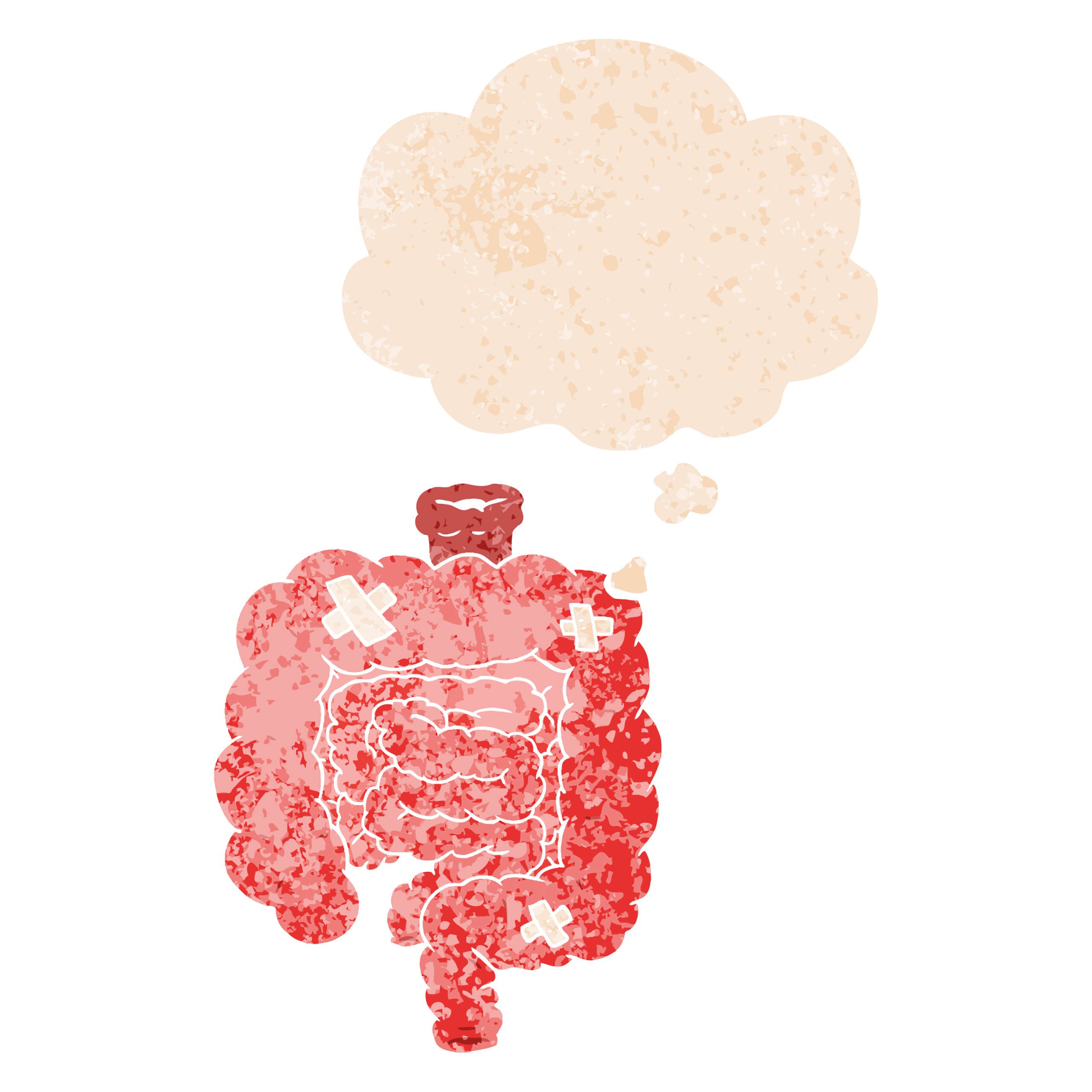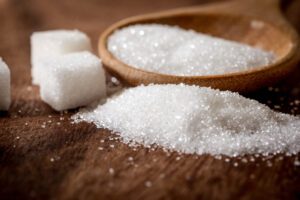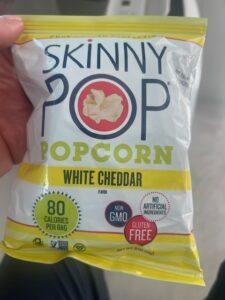
Traditional Chinese Medicine emphasizes the important relationship between physical health and digestive health. The body, and certain diseases, reflects the personal balance and health of your digestive system.
Besides digesting food, your gut plays a major role in your overall health. Recently, there’s been a lot of attention given to the gut and the immune system. The medical community now knows that 70—80 percent of your immune system is actually located in your digestive system. This is the battlefield for your immune system. The digestive system is a strong yet delicate ecosystem, finely balancing bad and good bacteria.
The good bacteria are the “probiotics” you often hear of in the media. It is this balance and abundance of probiotic flora that allows for your immune system to stay strong and alert. Your gut also contains more nerve cells and neurotransmitters than the nervous system, causing it to be referenced as the “second brain.”
This highly sensitive, tuned machine is really an important component of not just your physical health but also your emotional, hence the saying, “follow your gut.” This is just one good reason to pay attention to what your gut is trying to reveal to you about your health.
Poor digestion can mean a myriad of unpleasant symptoms, ranging from acid reflux to indigestion to irritable bowel disease. According to Traditional Chinese Medicine, digestive problems are a result of “digestive weakness,” which is a condition that can be inherent as part of our constitution, but more often acquired as part of our lifestyle and dietary habits. The weakness is seen as reduced digestive “heat.”
In Western terms, this heat can be understood as pertaining to essential enzymatic activity and proper secretion of necessary digestive juices. As such, any conditions that might “cool down” the digestive system can contribute significantly to the problem of sluggish and impaired digestion. Some of the most common causes of this type of cooling include excessive eating, late meals, rushed eating, and stress. Simply taking the time to slow down and mindfully eat your meals (as hard as it can be when you’re busy) could make a big difference in your effort to stay healthy.
But remember that the food that you eat is responsible for telling your digestive system what to do, and if it’s not receiving proper direction in the way of natural whole foods, it’s not going to function correctly. That’s why a fiber-rich, nutritious, and balanced diet can go a long way in helping you to achieve this goal.
Plenty of fresh, clean water is also vital, as your body needs ample amounts of fluid to form saliva, as well as gastric and intestinal secretions that are crucial to digestion. You want to avoid putting your water on ice, however—beverages that are too cold will further reduce the “heat” you want to restore. Warm or room temperature beverages are best, since all ice cold drinks are hard on the stomach.
Supplements are especially important for digestive health, as they are often used to support components of our digestion that not functioning optimally. Probiotics and prebiotics are two of the most important supplements you can take to help restore healthy digestion.
Probiotics provide live strains of friendly flora to balance the bad bacteria in your gut that can contribute to chronic diarrhea, gas, or constipation. Prebiotics, on the other hand, will ensure that your friendly flora are provided with the proper environment in which they can thrive.
Herbal support in the form of beneficial herbs, digestive enzymes, medicinal mushrooms, and minerals, as well as other components, can also be helpful for restoring digestive strength. These formulas help to address the root causes of weak digestion, while simultaneously addressing common symptoms that result from a stressed digestive system, including skin allergies, fatigue, bloating, and cold hands and feet.
For a more detailed description of natural strategies for eliminating chronic digestive problems, download a complimentary wellness guide by visiting www.dreliaz.org/digestive-report.


A high sugar diet can deplete your body of several important nutrients. Based on the research, here are the key nutrients that are often depleted by excessive sugar consumption: B Vitamins: Particularly vitamin B1 (thiamine), as well as B3, B5, and B6. These vitamins are essential for glucose metabolism Vitamin C: High glucose intake can […]


Sugar consumption has been linked to various chronic diseases, including cancer, inflammatory diseases, and other health conditions. Here’s an overview of the connections: Cancer While sugar does not directly cause cancer, excessive sugar intake may increase cancer risk through several mechanisms: Obesity: High sugar consumption can lead to weight gain and obesity, which is a […]


When you look at the packaging of Skinny Pop, you will see 80 calories per bag, Non-GMO, No Artificial Ingredients, Gluten Free On the surface, you would think that it is a very healthy alternative…so let’s break down the ingredients: Popcorn Popcorn is a whole grain derived from corn kernels. It’s a healthy ingredient that […]